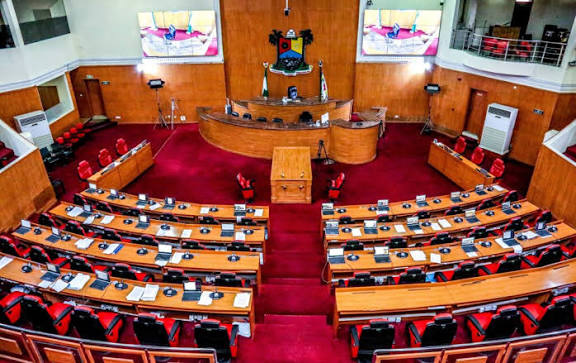The Federal Government, through the National Sugar Development Council, has announced that the out-grower scheme under the Nigeria Sugar Master Plan pays approximately N1 billion annually to around 535 farmers across the country.
This was disclosed in a report detailing the achievements of the Nigerian Sugar Industry, compiled by the NSDC, according to The Punch.
In 2008, the Federal Government tasked the NSDC with creating a roadmap to achieve self-sufficiency in sugar production as swiftly as possible.
In response, the council developed the Nigerian Sugar Master Plan, which aims to enhance domestic sugar production and support local farmers. This initiative is part of the broader effort to strengthen the agricultural sector and reduce dependence on sugar imports.
Outlining key achievements of the Nigerian Sugar Master Plan, the Executive Secretary of the NSDC, Kamar Bakrin, informed pressmen in Lagos that the council has successfully increased the total installed capacity of sugar refineries in Nigeria to three million metric tonnes.
He noted that through the sugar master plan, the government has “attracted $1bn worth of investments into the backward integration programme; established out-grower schemes, paying 535 farmers over N1bn per annum; drove investments in greenfield projects; and established the Nigerian Sugar Institute to drive research and development in the sugar sector.”
He emphasized that sugar is a crucial economic commodity, and its production can serve as a key model for industrialization and economic development.
“Cultivating and processing sugar cane provides livelihoods for a large number of people. The industry generates secondary economic activities in transport, equipment manufacturing, and retail,” Bakrin stated, adding that “it catalyses investments in rural areas such as roads, power, education, and health infrastructure.”
He noted that the NSDC is dedicated to advancing the sugar sector toward achieving self-sufficiency within eight years, taking deliberate actions to accelerate local production.
“We are raising a pool of appropriate funding of the right quantum, cost, and tenor to create capacity. We are driving more aggressive expansion by existing players, the entrance of credible local and global business groups, and establishment of commercial sugar cane growers.
“Internally, we are upgrading capacity for training manpower for the industry, creating local varieties, multiplying seed cane, and driving best practices through extension services,” Bakrin stated.
He highlighted that investing in local sugar production is appealing for several reasons, particularly due to the substantial and growing domestic demand, which is largely reliant on imports, along with a potential export market within Africa.
He said, “The Nigerian sugar market is valued at $2bn with access to a $7bn Africa market. The macroeconomic environment, especially the currency exchange rate, has made local production more competitive and importation more challenging.
“The economics are compelling with high Net Present Value and Internal Rate of Return at attainable scale and available financing that matches the business need. It is operationally feasible with access to land in secure parts of the country, and available global expertise to support local projects.
“There is a strong incentive framework and the government is committed to creating investment-friendly legislation. The sector is future-proof due to a host community integration model that ensures sustainability as well as the wide variety of high-value products that can be produced such as ethanol, bioplastics, packaging materials, etc.”








